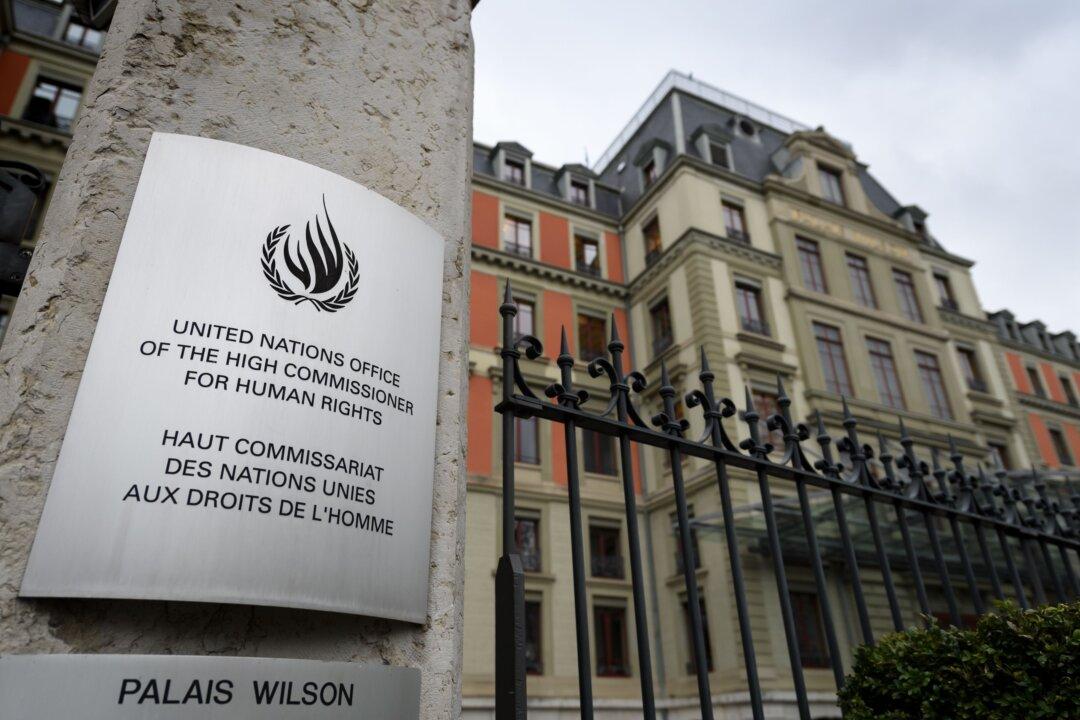Using drugs or alcohol while pregnant should not be regarded as a crime, and nor should sex between minors or defecating on a public sidewalk, according to a recent United Nations report that suggests decriminalizing a host of behaviors related to sex, HIV, gender expression, drug possession and use, homelessness, and poverty.
The report authors said in a later statement that it was drawn up as a framework for lawmakers to focus on consensual sexual activities between adolescents (which they say is generally considered around ages 10 to 18).





